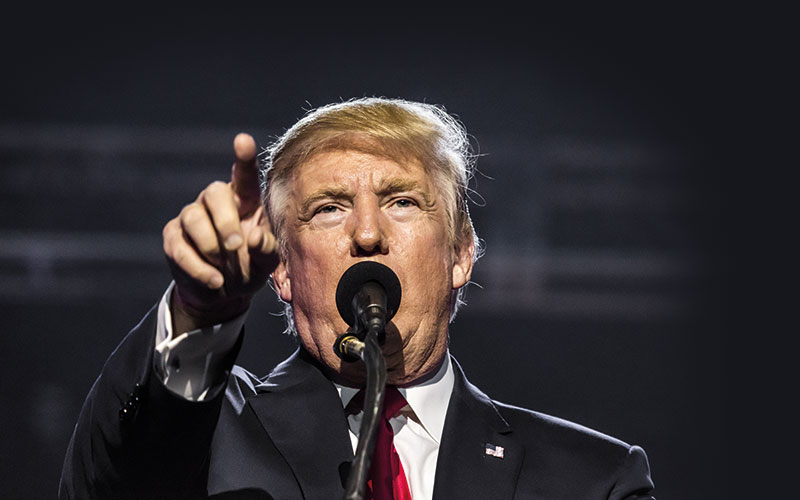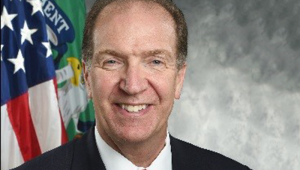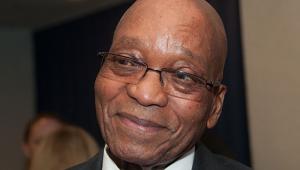web-p58-59-trump-shutterstock_636139745.jpg

Image Credit | Shutterstock
Former US president Donald Trump racked up more than 3,400 conflicts of interest during his term in the White House, according to an independent ethics and accountability watchdog.
During Trump’s presidency, 88 political events were held at properties owned by Trump, earning his businesses $23.2m, a report from the Citizens for Responsibility and Ethics in Washington said. Prior to his 2016 presidential campaign, political organisations spent less than $100,000 per year at Trump’s businesses, the report found.
Trump used his presidency to promote his businesses and grant wealthy customers personal access to him, while taxpayers paid well over $100m for transport to his properties, the report claimed.
CREW said: “The numbers in this report are the culmination of nearly four years of work, and they paint a damning picture of a president who seems corruptly fixated on the personal financial benefits he might derive from his time in office.
They show him to be willing to use the highest, most powerful office in the country to promote his businesses, while special interest groups, foreign governments and wealthy donors enrich him personally through lavish events held at his luxury properties in the hopes of currying favour with him and his administration.”
CREW said senior White House officials promoted or defended the use of commercial property owned by Trump for political events.
This was most evident in the selection of the location for the June 2020 G7 summit, the report found. When the White House announced Trump National Doral golf course as the venue, then acting chief of staff Mick Mulvaney told a press conference that it was “the best physical facility” and a “perfect” location for the event.
However, following two legal challenges, including one from CREW, the administration moved the event to the presidential retreat at Camp David, Maryland.
Insight
Ethical reminder
This litany of Donald Trump’s alleged conflicts of interest over a relatively short period of time reminds us that a proud distinguishing mark of our work as public sector accountants is that we act in the public interest. We need to be trusted by society.
These CREW case studies (measured, remarkably, in their thousands) indicate activities driven by personal bias.
Accountants must display a level of integrity that guards against this.
The actions of some officials involved in the case studies can act as learning points for professional accountants.
In particular, the acting chief of staff and deputy press secretary actively promoted or defended the use of commercial property owned by the president as a location for a public event – in this case, the G7 summit.
Officials were placed in the position (willingly or otherwise) of advocating the commercial benefits of the owner’s property. There was no public record of a tender or due process for its use.
Accountants will recognise the tensions that can arise when powerful politicians are inclined to impose their will or forcefully encourage a specific course of action. A professional accountant would be expected to recognise and rely on safeguards against such threats – in this case, financial regulations and procurement rules and regulations
Despite such safeguards, a professional accountant may well be faced with conflicts of interest.
Accountants must not let a conflict – or potential conflict – compromise their professional judgment, and they must adhere to the fundamental principles of ethics.
They should seek guidance from within the employing organisation or from others, such as their own professional body, or they could consult another professional accountant.













